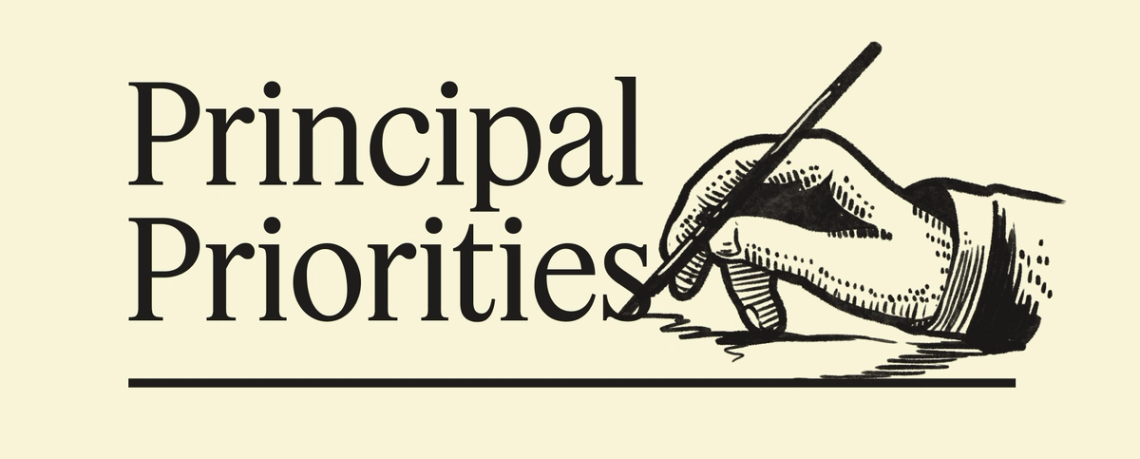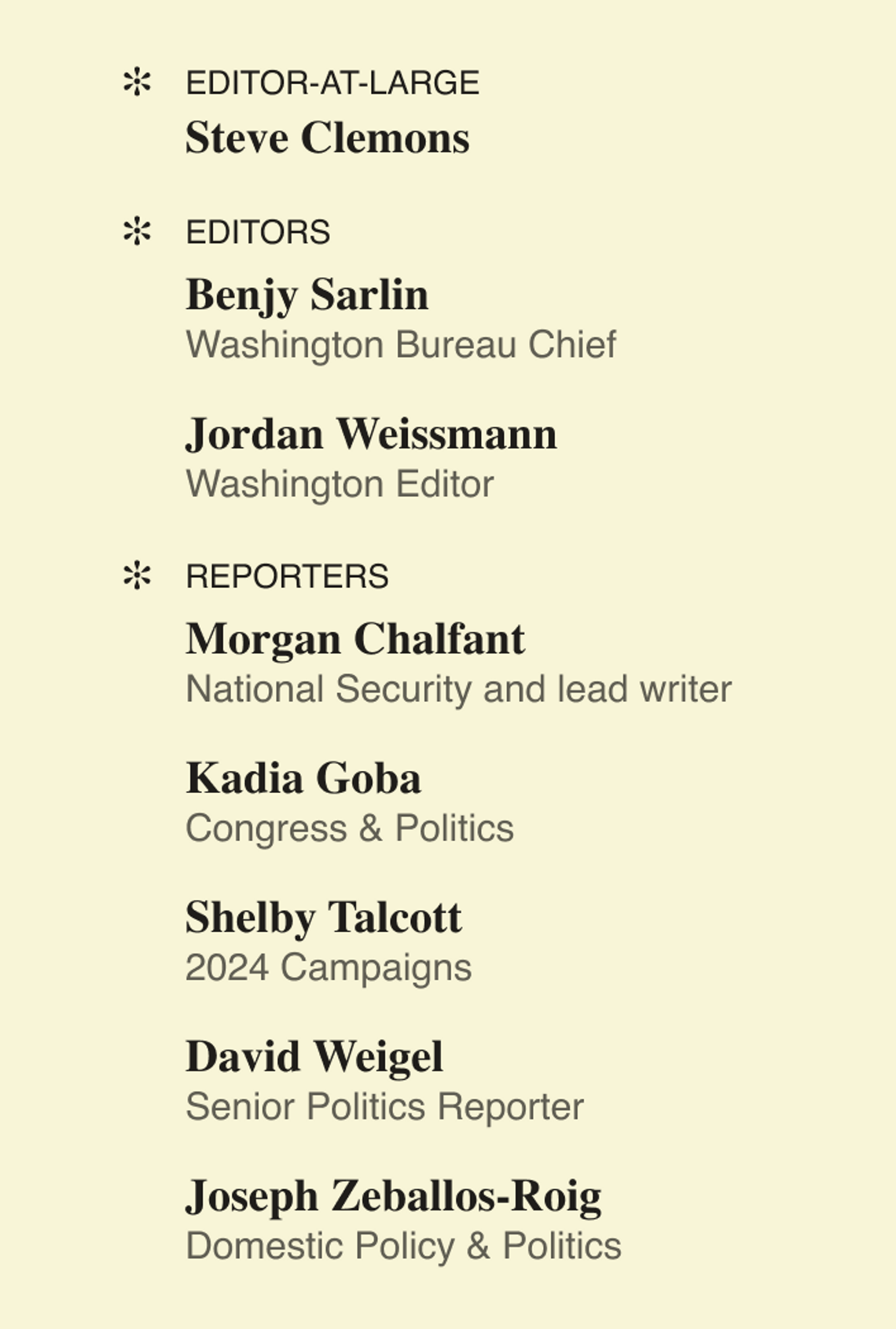 REUTERS/Elijah Nouvelage REUTERS/Elijah NouvelageTHE NEWS Thanks to Donald Trump’s latest criminal case, Americans are about to get a crash course on Georgia’s RICO law. The former president and his 18 co-defendants now face charges under the state’s longstanding anti-racketeering statute, along with a host of other potential felonies, over their efforts to overturn the 2020 election, thanks to the sweeping indictment a Fulton County grand jury handed down late Monday night. First enacted in 1980 in order to help crack down on gangs and organized crime, Georgia’s RICO statute could pose a special danger for Trump. Legal experts say that charges under it are in some ways easier to prove than an ordinary conspiracy case, and could help prosecutors flip his associates. Convictions also carry a prison sentence of between five and 20 years. Since it’s a state crime, Trump would be ineligible for a federal pardon. The governor couldn’t pardon him either, since Georgia only gives that power to a five-member board. “He could be looking at some serious prison time,” Danny Porter, the former district attorney in nearby Gwinnett County, told Semafor. THE DANGER FOR TRUMP A RICO charge allows prosecutors to sweep up anyone who participated in a “criminal enterprise” by committing at least two underlying crimes. Georgia’s is particularly wide reaching: It covers a broader array of conduct than the federal statute it was modeled on, and can include actions taken out of state. Unlike conspiracy charges, prosecutors bringing a RICO case don’t have to show that the defendants explicitly agreed to commit each crime together — a feature that makes it easier to convict crime bosses for actions taken by their underlings. Fulton County District Attorney Fani Willis — who has made creative racketeering cases one of her trademarks in office — made this point memorably during one of the most famous criminal cases in Atlanta history, when she used RICO to prosecute a group of public school teachers and administrators accused of scheming to inflate their students’ test scores. “You don’t, under RICO, have to have a formal, sit-down dinner meeting where you eat spaghetti. But what you do have to do is all be doing the same thing for the same purpose,” Willis said during the trial. In the Trump indictment, Willis “is painting this picture of people winking and nodding and working toward this end goal of overthrowing the election, but without some kind of expressed agreement,” Georgia State University law professor Anthony Michael Kreis told The Conversation. “The Georgia RICO law allows her to rope in a lot of people who allegedly were involved with this kind of approach.” The more co-conspirators who face legal peril, the more chances prosecutors have to find ones willing to testify. THE DANGER FOR PROSECUTORS Racketeering cases are also a deeply complex undertaking for prosecutors. “The hardest thing about trying them is breaking them down into digestible parts for a jury to understand,” Porter told Semafor. They can be slow moving. “If you examine a witness, every defense attorney has the right to cross-examine that witness, so you could have a situation where you have a prosecutor call a witness, they ask their questions, and then 12 defense attorneys get to cross examine them,” Porter said. In the Trump case, there are 19 defendants — and during her press conference following the indictment, Willis insisted she intended to try them together. To get a sense of how complex this case will likely become, look no further than another RICO case currently playing out in Fulton’s court. In May 2022, Willis used the statute to indict 28 people accused of being part of the Young Slime Life gang, including rappers Young Thug and Gunna. Over six months after the trial started, more than 2,000 potential jurors have been summoned to court, but a jury still hasn’t been selected, in part because of how long the trial is set to last. To share this story click here. | 







